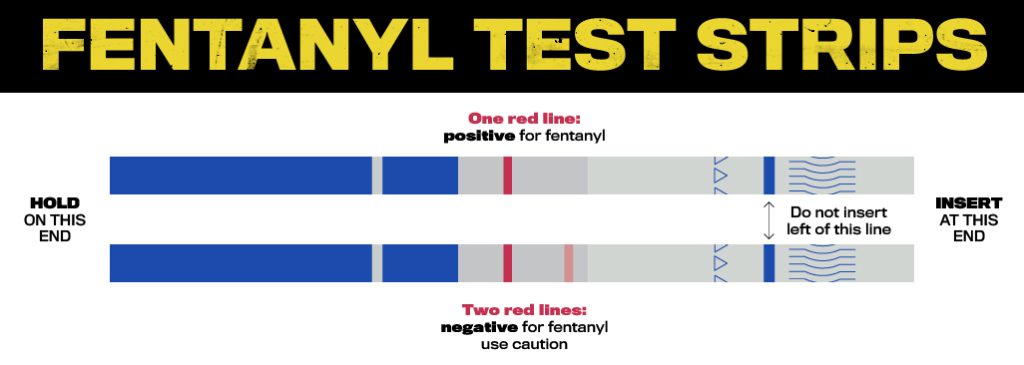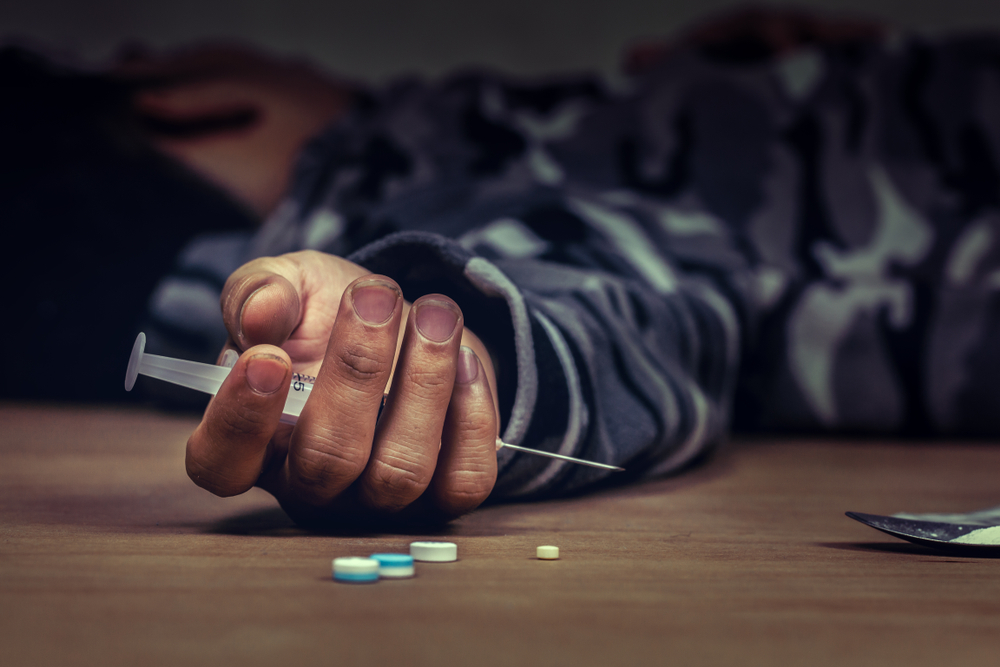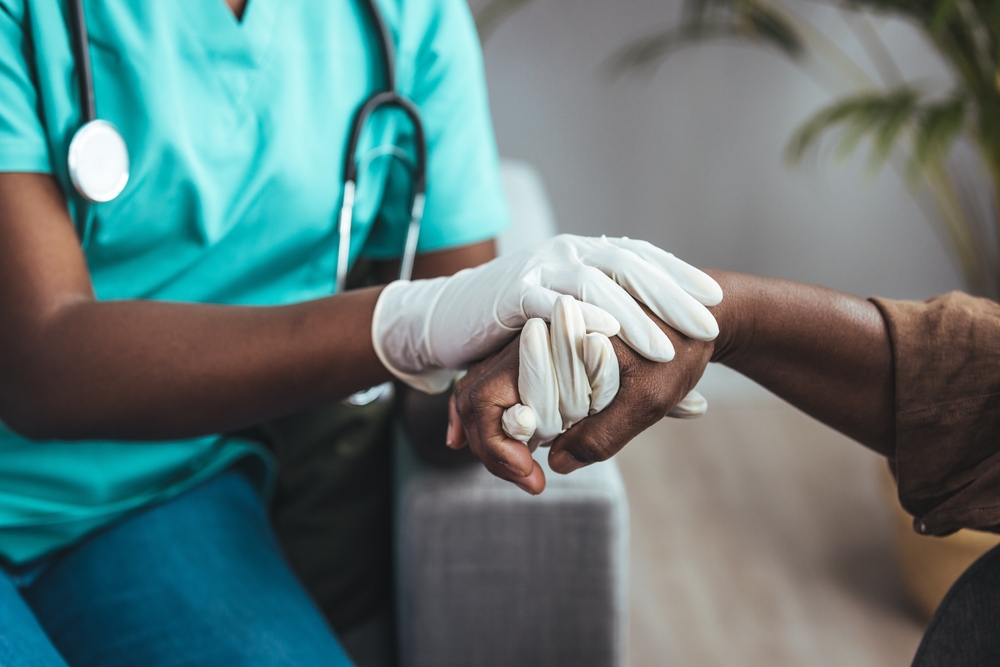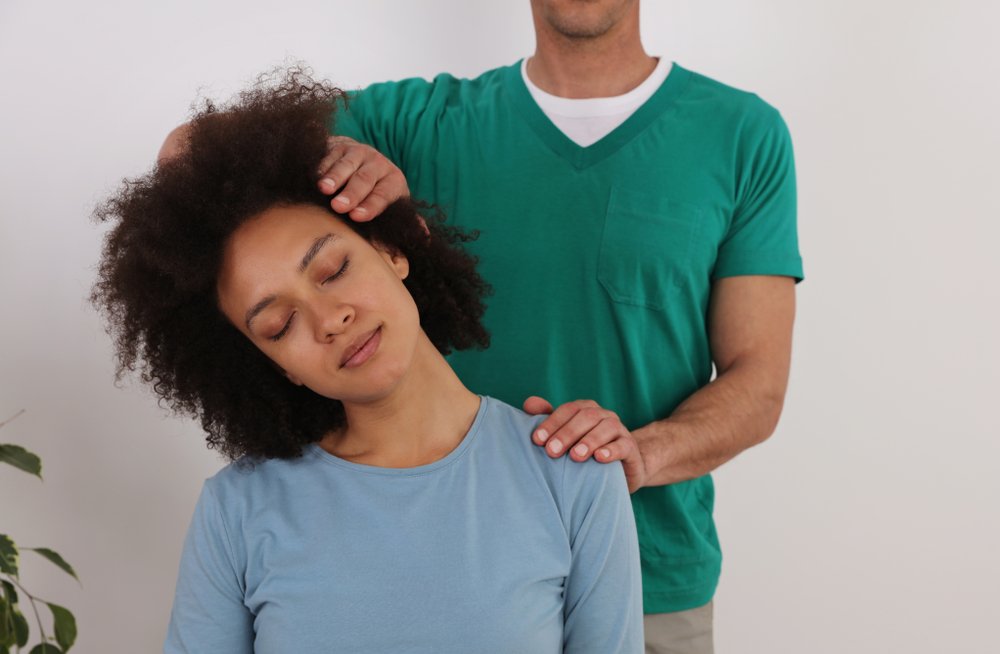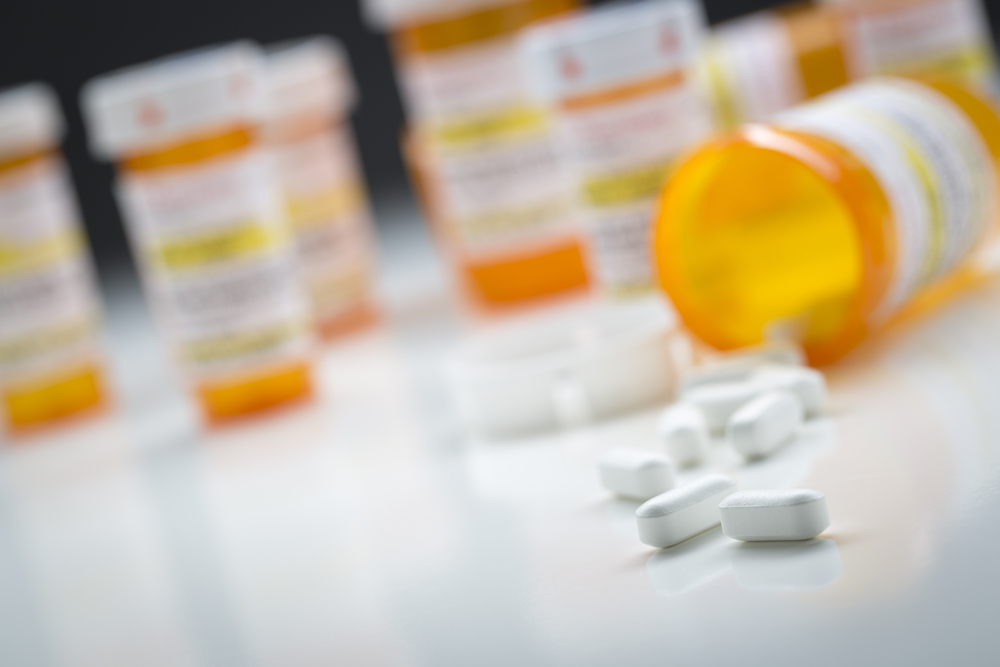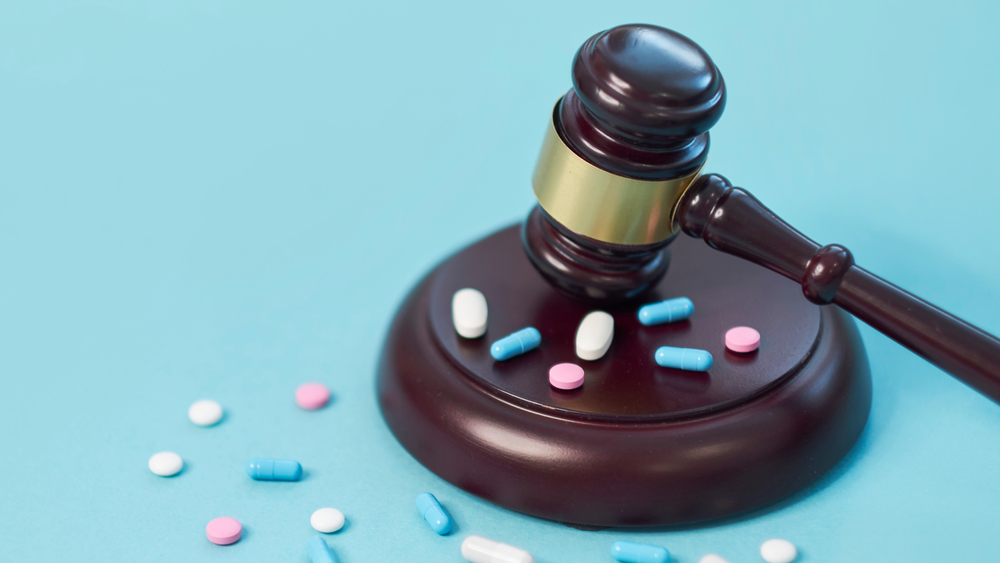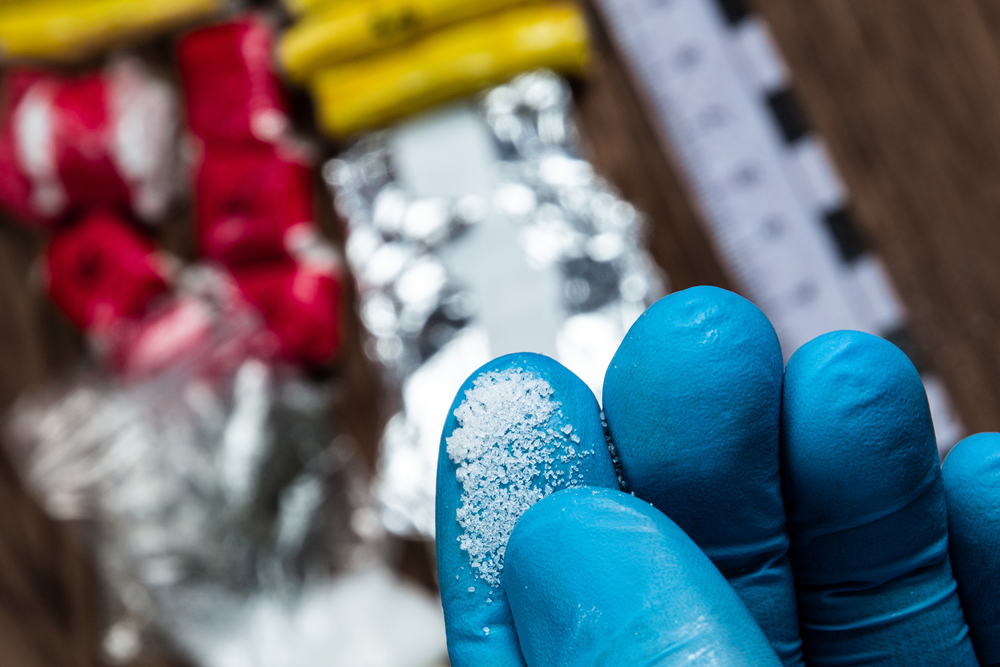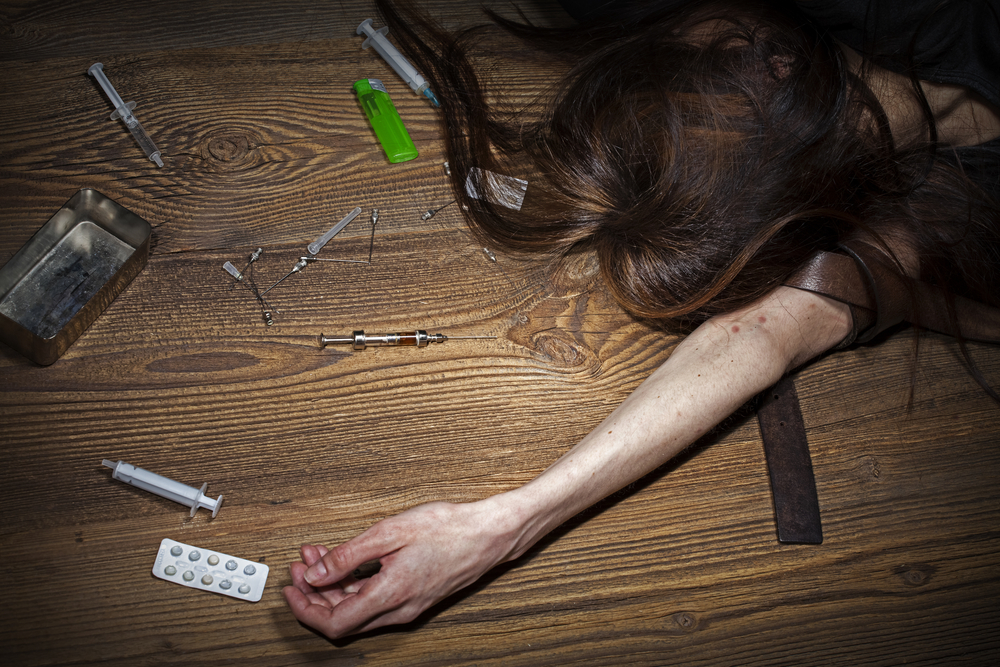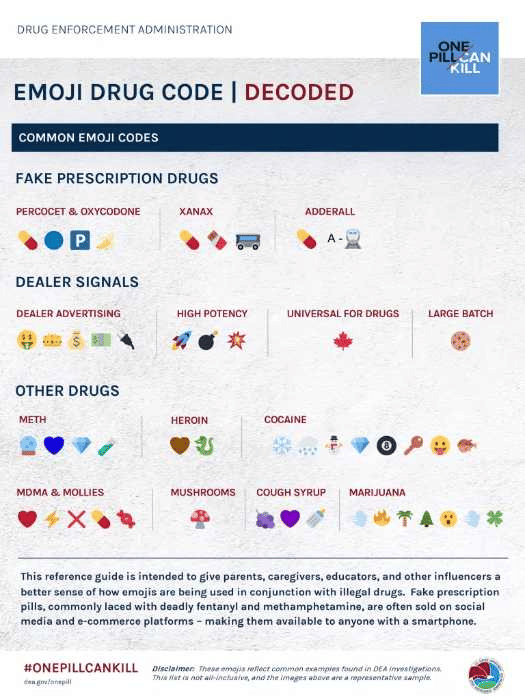Overcoming Cocaine Addiction: Effective Treatment Strategies
Cocaine addiction is a chronic and relapsing condition that can affect anyone. Today, millions of Americans have a cocaine use disorder, and millions of others have lost their lives due to cocaine-related complications. If you or a loved one is struggling with cocaine addiction, you should know that treatment is available and recovery is possible. Cocaine addiction treatment can help return you to productive functioning in your home, workplace and community.
What Does Cocaine Addiction Look Like?
Cocaine has a reputation for being extremely addictive. In fact, in cases of crack cocaine, users can become addicted after first use. Cocaine use produces intense yet short-lived effects, which can lead you to take more to re-experience the high.
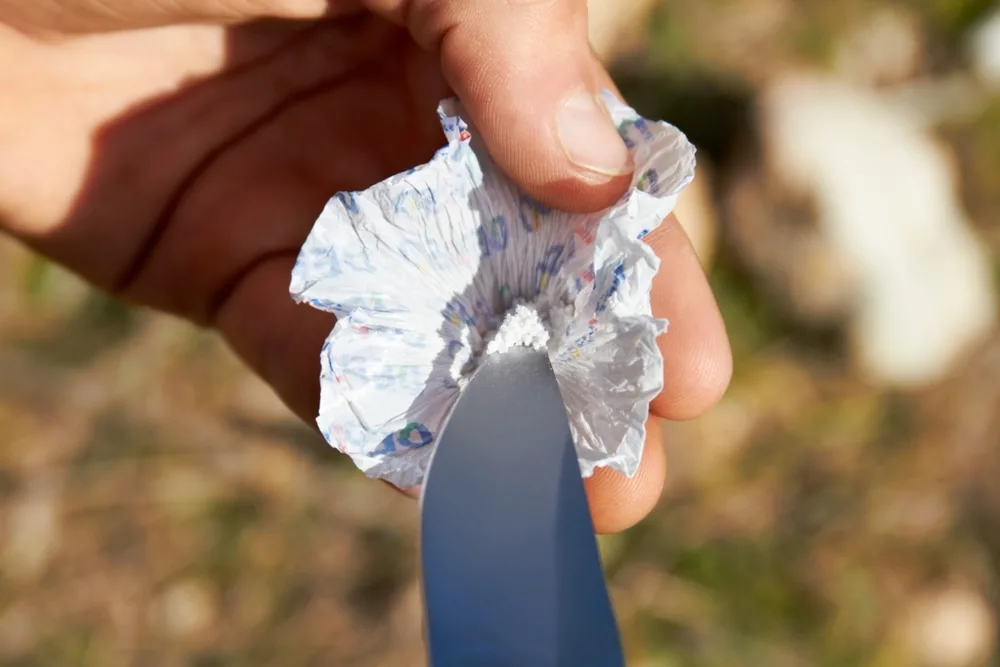
Repeated use causes the mind and body to become so used to the drug that you build tolerance to it. At this point, subsequent episodes of drug use will produce decreased levels of pleasure. So, you'll need to take more cocaine often to achieve the desired effects. You may also:
- Get withdrawal symptoms like exhaustion, cravings, restlessness or depression when you reduce your dosage or stop using
- Notice that you're always thinking about or trying to get the drug
- Find it hard to reduce or control the amount you take even if you try to
- Disregard friends, family, and work to use cocaine
- Be aware of the damage the drug is causing you, but you cannot stop taking it
- Become impulsive, dishonest, or reckless
- Experience physical symptoms like dilated pupils, chest pains, etc.
Side Effects of Cocaine Use
While cocaine use produces pleasure, feelings of intense wellbeing and even heightened sexual arousal, increasing the doses raises the risk of experiencing adverse effects. Some common side effects of cocaine include:
- Heart attacks
- Rapid heart rate
- Mood swings
- Sexual dysfunction
- Significant weight loss
- Constricted blood vessels
- High blood pressure
- Cardiac arrest
- Overdose
If you notice any of these signs of cocaine addiction in yourself or someone you care about, it is best to seek help. Cocaine addiction is a severe medical condition that needs professional intervention and support.
Quitting cold turkey is not a good idea. You may experience extreme anxiety, depression, seizures, feelings of hopelessness or even suicidal thoughts during withdrawal. There's also the issue with cravings that make you prone to relapse.
That's why it is always a good idea to seek professional help for detox. Professional addiction treatment can make all the difference in reducing these risks.
Effective Treatment Strategies

Treatment for cocaine addiction can be effective, and many individuals achieve successful recovery with the proper support and interventions. It's essential to recognize that addiction is a complex and chronic condition, and there is no one-size-fits-all approach to treatment. However, the following evidence-based treatments and comprehensive strategies are successful in helping individuals overcome cocaine addiction.
Supervised Detox
This is the initial phase of treatment that focuses on safely managing the withdrawal symptoms associated with discontinuing cocaine use. The goal of supervised detox is to help individuals transition through the acute withdrawal phase safely and prepare for the next stages of addiction treatment.
During detox, trained medical professionals closely monitor the patient's physical and mental health. They may give medications to ease withdrawal symptoms and reduce cravings. They will also offer emotional support to help one cope with anxiety, depression, and other emotional aspects of withdrawal.
Behavioral Therapies
Behavioral therapies help address the psychological aspects of addiction. They empower patients to understand the root causes of their addiction, develop coping mechanisms, and build a foundation for long-term recovery. Examples of behavioral health therapies include:
- Cognitive-Behavioral Therapy (CBT): Helps identify and change negative behaviors and thought patterns related to drug use. CBT helps those in recovery develop coping skills and strategies to prevent relapse.
- Motivational Enhancement Therapy (MET): Explores and resolves ambivalence toward quitting use. It aims to promote intrinsic motivation for change.
- Contingency Management: Utilizes a reward system to reinforce positive behaviors and discourage drug use. Individuals earn incentives for meeting treatment goals.
Counseling
Counseling is an integral component of cocaine addiction treatment. It provides a supportive and therapeutic space for one to explore their behaviors, emotions and thoughts related to substance use. There are different counseling settings:
- Individual Counseling: Involves sitting one-on-one with the therapist for a personalized exploration of issues contributing to addiction and the development of coping strategies.
- Group Counseling: Is where one sits in a group with others, so they can learn, share experiences, and get professional support.
- Family Counseling: Involves family members in the therapeutic process to address family dynamics, enhance communication, and build a supportive home environment.
Support Systems
The support system is instrumental for sustained recovery. It can come from family, friends, or even peers. A robust support system helps individuals navigate the challenges of recovery, encourages them during difficult times, and reinforces the commitment to a drug-free life.
- 12-Step Programs (e.g., Narcotics Anonymous): These programs provide a structured approach to recovery, incorporating support, accountability, and a spiritual component. They are crucial for peer support and guidance, critical for staying sober.
- Sober Living Homes: Transitional housing where individuals in recovery live together, providing a supportive and drug-free environment.
- Aftercare Planning: This helps people in recovery maintain their sobriety. It may include ongoing therapy, regular check-ins, and participation in support groups.

Treatment for Comorbid Cocaine Use and Mental Health Conditions
Dual diagnosis treatment helps address co-occuring cocaine use and mental health disorders simultaneously. Many individuals with cocaine addiction may experience underlying mental health issues that contribute to or result from their substance abuse. So, treating one condition without addressing the other may lead to incomplete recovery or an increased risk of relapse.
Holistic Approach
Some treatment centers like More Than Rehab also use holistic approaches to treat cocaine use disorders. These approaches involve a combination of medical interventions, behavioral therapies, support groups, stress management techniques, nutritional counseling, exercise, and other complementary therapies to address the individual's physical, mental, and emotional wellbeing.
Cocaine Addiction Treatment at More Than Rehab
At More Than Rehab, our goal is not just to help individuals overcome cocaine addiction but to empower them with the tools and support needed for sustained recovery and an improved quality of life. If you or someone you know is seeking help for cocaine addiction, we are here to provide compassionate and comprehensive care.


